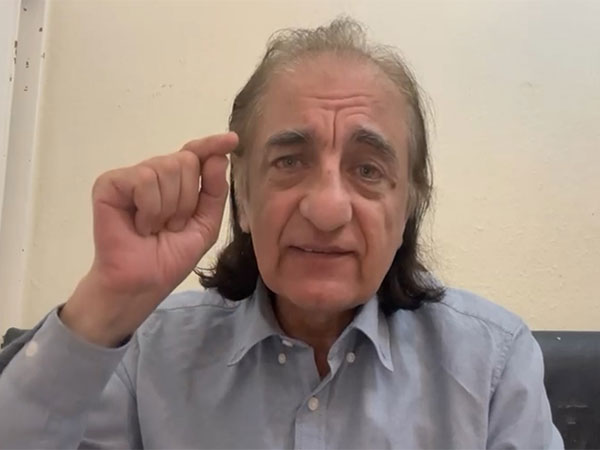Documentary discussing same sex-marriage in Taiwan pulled from Hong Kong film festival
Jun 26, 2021

Hong Kong, June 26 : A documentary, which discusses the issue of same-sex marriage in Taiwan, has been pulled from a film festival in Hong Kong.
Cinema Broadway Cinematheque has announced that the documentary titled 'Taiwan Equals' has been pulled from the EU-Asia Rainbow Docs film festival after the city's authorities refused to approve the film in its entirety, Hong Kong Free Press reported.
"The Film Censorship Authority did not authorise the screening of the full documentary. We jointly decided to cancel the screenings of the film, in accordance with our agreed policy not to screen censored films in this programme," the cinema posted in a statement on Facebook.
Directed by Yan Zhexuan, Taiwan Equals Love is the first documentary that discusses the issue of same-sex marriage after it became officially recognised in Taiwan in 2016.
The film interviewed and documented the journey of three same-sex couples from the island as they faced resistance from the anti-LGBT communities while legislators worked to pass an act to legalise gay marriage.
Hong Kong's EU-Asia Rainbow Docs film festival is co-organised by the Goethe Institute Hong Kong and the European Union's Office to Hong Kong and Macao.
This comes as tensions between China and Taiwan have escalated in recent months.
China has ramped up political and military pressure on Taiwan, which it considers as a breakaway province.
Beijing claims full sovereignty over Taiwan, a democracy of almost 24 million people located off the southeastern coast of mainland China, even though the two sides have been governed separately for more than seven decades.
Meanwhile, China, with the help of local authorities, has been ruling Hong Kong with an iron fist.
Authorities have also begun clamping down on cultural expression. Initial steps have included the closing of exhibitions dealing with pro-democracy protests.
Early this month, the Government of the Hong Kong Special Administrative Region announced that censorship guidelines on the city had been expanded to cover "any act which may amount to an offence endangering national security."
"When considering a film as a whole and its effect on the viewers, the censor should have regard to his duties to prevent and suppress acts or activities endangering national security, and the common responsibility of the people of Hong Kong to safeguard the sovereignty, unification and territorial integrity of the People's Republic of China," read the new guidelines, which went into effect immediately.
Recently, coverage of this year's Oscars was also blocked -- as was any news of Chinese-born Chloe Zhao, who won both best film and best director awards for "Nomadland," which was censored in China.



















